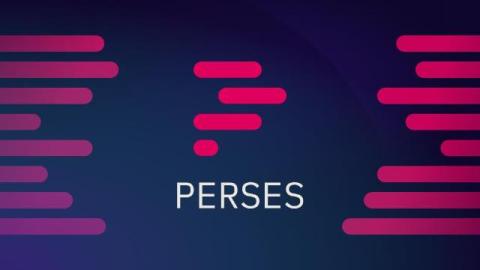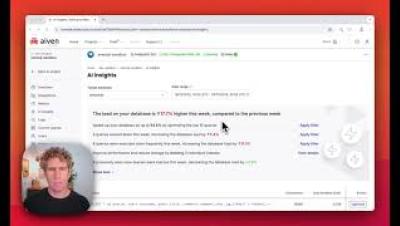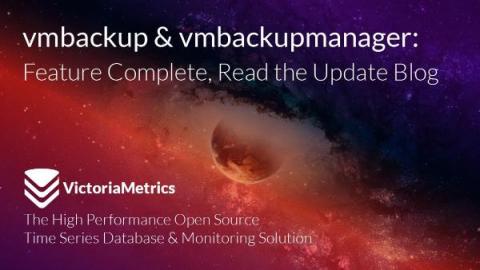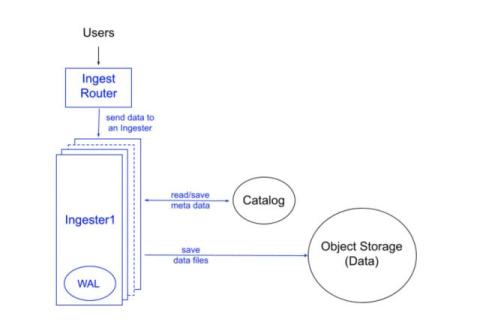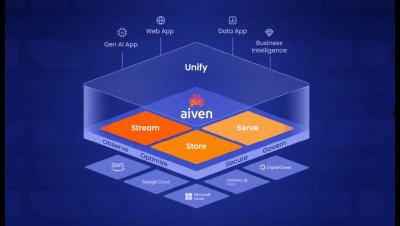5G without compromise: Building mission-critical private networks for Industry 4.0 with open source
Enterprises across industry verticals are looking for new ways to increase the efficacy of their businesses. One way to do this is building an efficient pipeline of processes, employees, devices, and services that are all tightly integrated to get the best return on investment. However, this requires an efficient telecommunication system where industry machines, personnel, and business services use continuous, performant, and reliable communications to work together.




